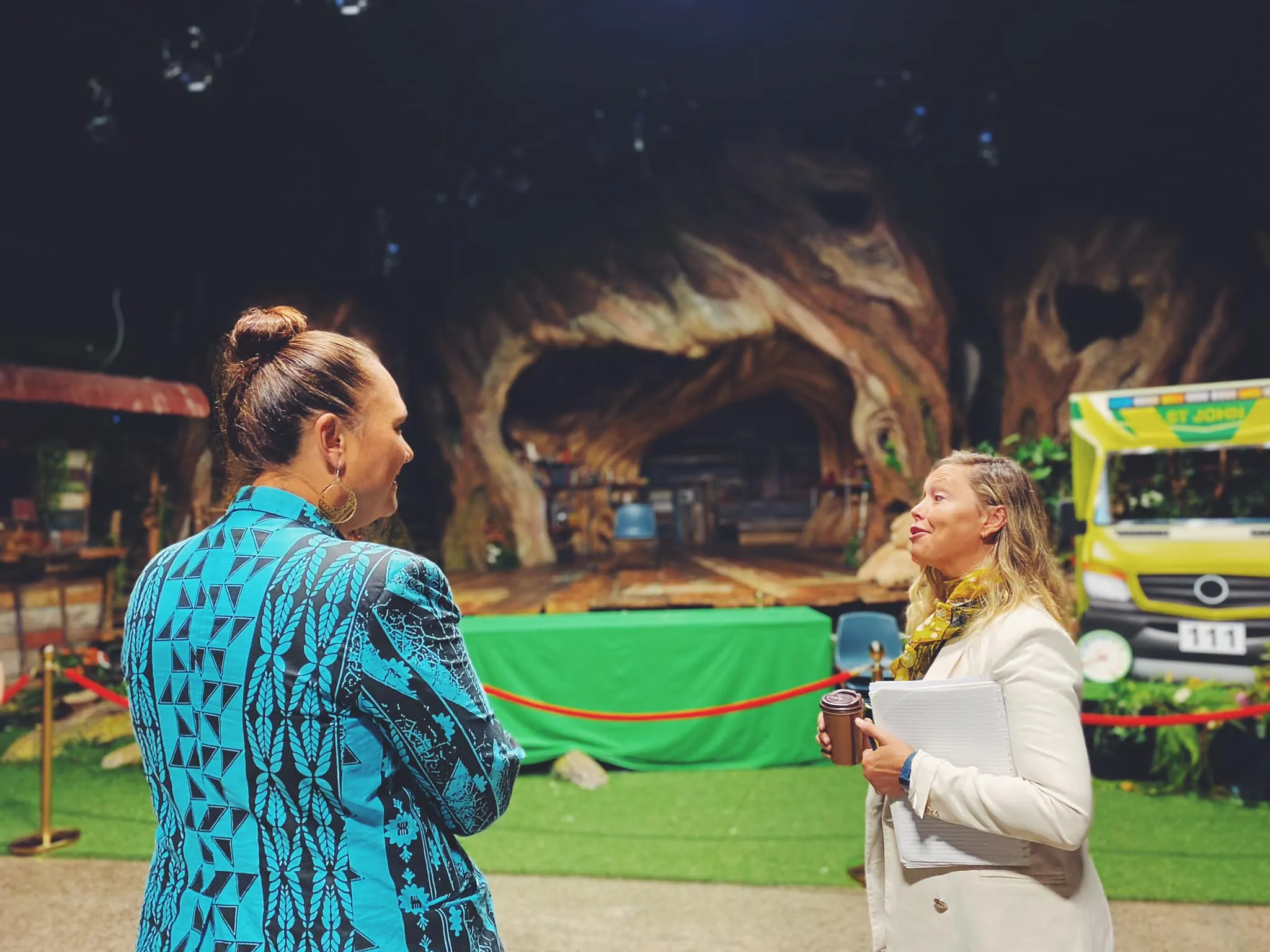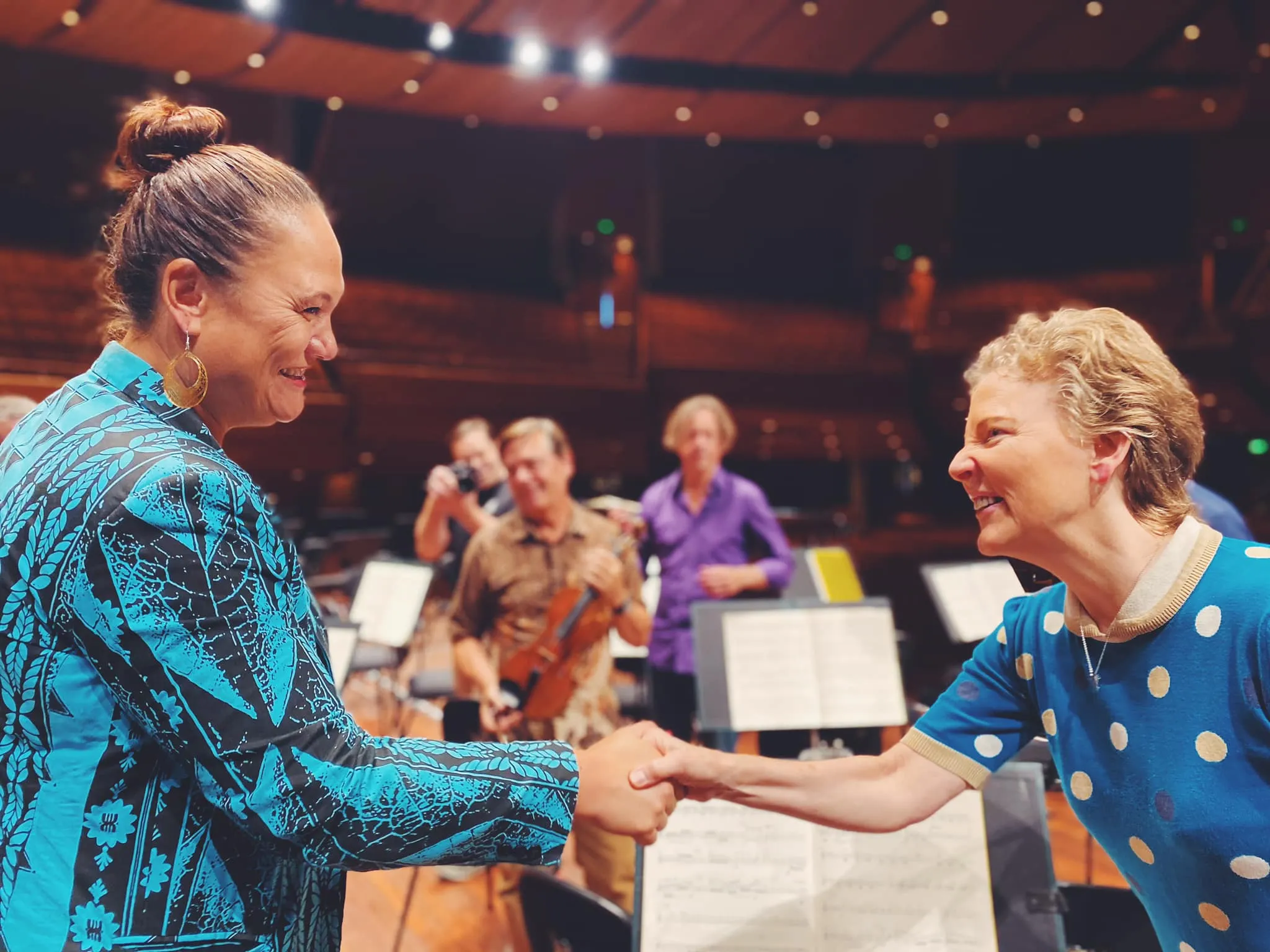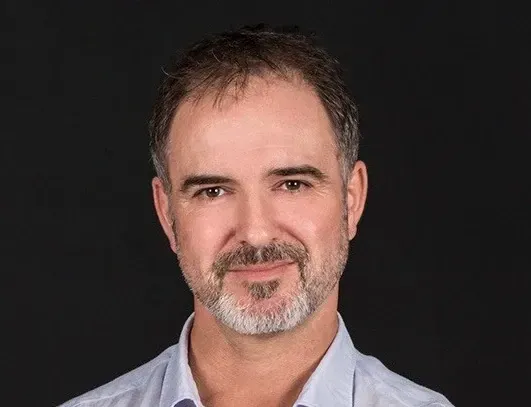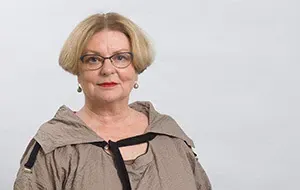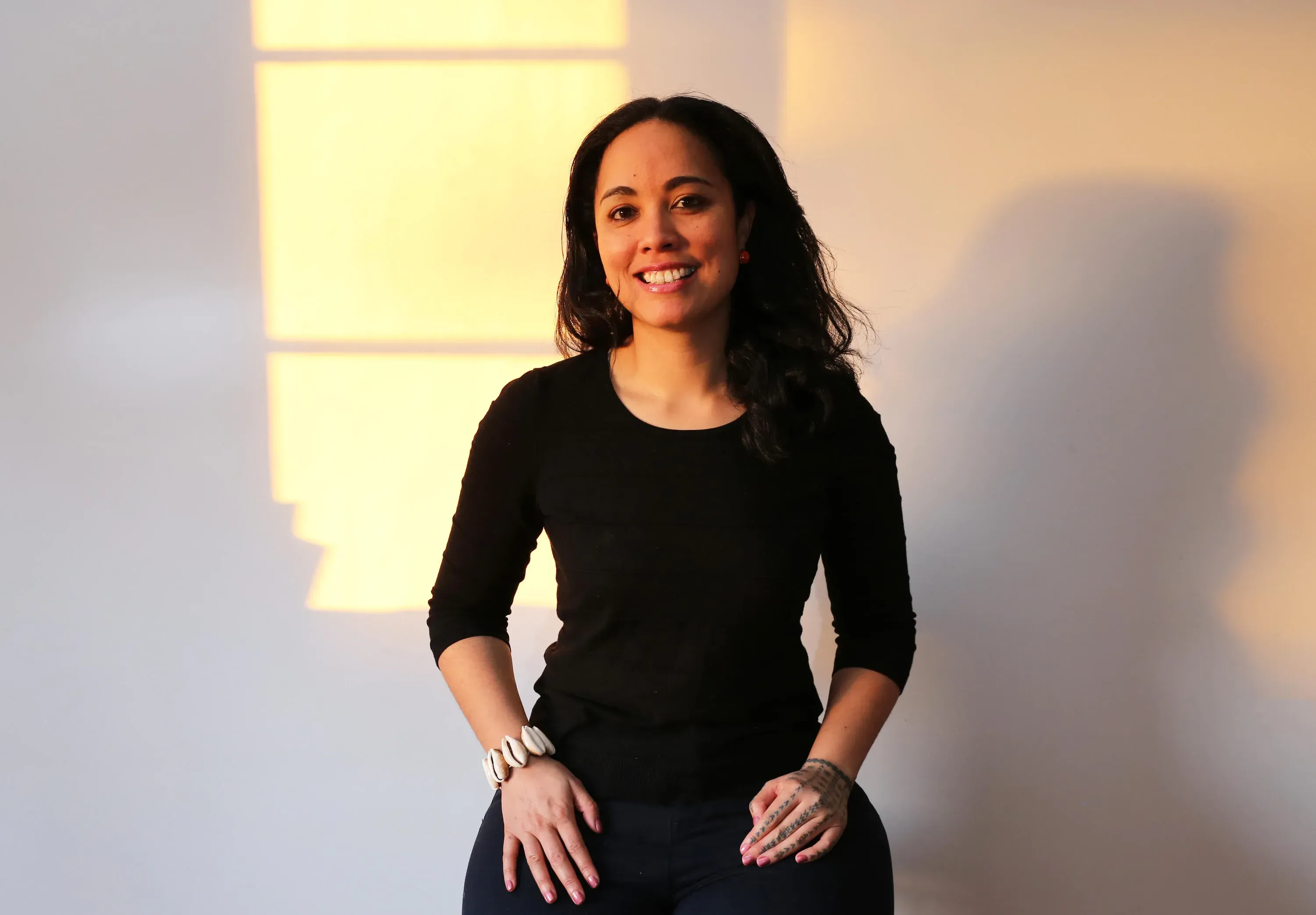$37.5 million of Creative Sector Delta Support Announced
Written by

The creative community is exhausted - but there is finally something to ease the pressure being applied by the Delta outbreak of the pandemic.
Minister for Arts, Culture and Heritage Carmel Sepuloni has this morning announced “a targeted support package of repriortised funding to protect jobs and incomes in the arts and culture sector.”
It comes to the tune of $37.5 million, sourced from uncommitted funding for 2022/23 from the existing $374 million COVID Arts and Culture recovery programme.
While the full details are still to emerge, this new allocation is broken down into four key areas:
-
$10 million for cultural agencies to enable them to support at risk organisations, key infrastructure, artists and projects (Creative New Zealand, New Zealand Film Commission, New Zealand Music Commission and Te Papa)
-
$5 million Cultural Sector Emergency Relief Fund to be administered by Manatū Taonga Ministry for Culture and Heritage
-
Up to $22.5 million for to provide confidence for cultural performances and events
-
Extending the Screen Production Recovery Fund to at least June 2022
Many of these announcements are future-focused, but the growing and vocal calls from within the industry for urgent support have been heard, it seems.
The blow the sector has been dealt is illustrated by Manatū Taonga’s alarming figures. In the first month of the Delta alert level restrictions (18 August - 21 September), it estimates a $466 million loss of economic activity - a daily average of $13.3 million.
“We recognise something more immediate is needed,” Sepuloni states. “We’ve worked with the sector to identify those needs and are now delivering for them.
“I’m confident this package will help those in need of immediate relief and who have been unable to continue operations. It’ll also give the sector confidence to plan and host performances and events without fear of significant losses if cancellation or postponement occurs due to COVID-19.”
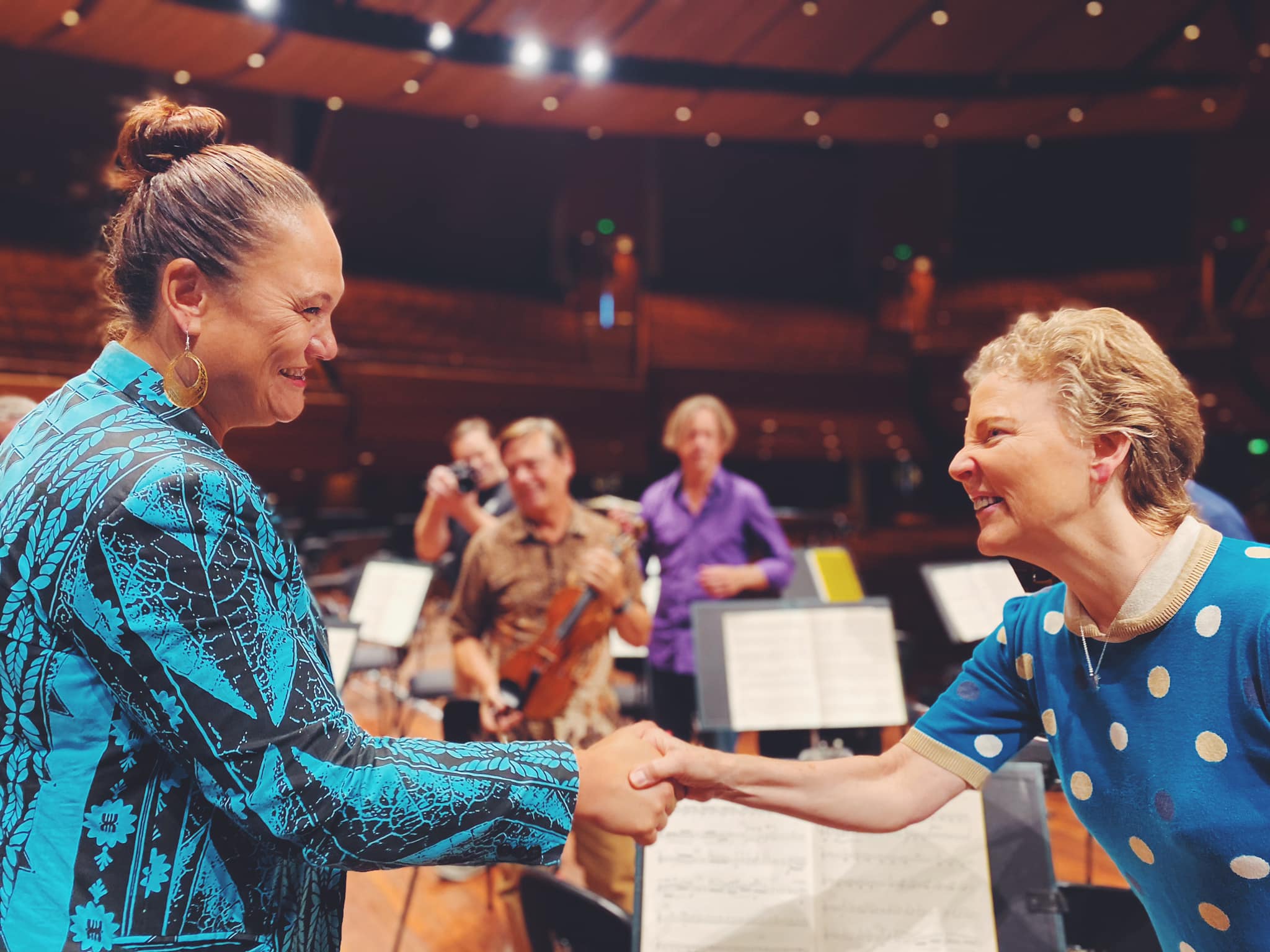
Minister Carmel Sepuloni with members of the New Zealand Symphony Orchestra. Photo: Supplied.
Individual creatives recognised
Perhaps the most noteworthy of these allocations is the Emergency Relief Fund - an acknowledgement that parts of the creative sector aren’t covered by the big agencies.
Opening from Friday 1 October (details will be available on Manatū Taonga's website), it’s designed to be a last-resort fund to help individual creatives and organisations at risk of not being able to operate viably within eight weeks, that won’t receive support from the sector agencies, and where other government supports are not meeting the unique needs of the cultural sector.
The fund is set to provide successful applicants with the difference between the applicant’s revenue and expenses over the six-week period following their application. This could be the ability to stay afloat by paying rent or utilities.
If the applicant still needs help after six weeks, then further support may be available - subject to funds remaining and again meeting eligibility criteria.
Within the allocated $5 million, organisations can apply for up to $100,000 and eligible sole traders up to $30,000 - across all application rounds.
In addition, another component of the Delta Package is the increased funding for the Creative Communities Scheme. This supports individual artists and community arts organisations across Aotearoa and is a key source of funding for the creative sector outside the main centres.
Sepuloni adds “our immediate aim is to absolutely help organisations which may be at risk now, but we also want to give the sector the confidence needed to maintain and resume activity in the next 6-8 months.
“That’s why, as part of the package, we’re also proposing up to $22.5 million which is intended to help future-proof the sector’s planning and hosting of performances and events.
“Government will keep listening to the sector and working together to make the best decisions we can in light of the pandemic and the challenges it presents.”
The ministry also points out that bringing funding forward will not affect funding for rounds already committed to - including Round Two of the Capability Fund, Round Two of the Cultural Installations and Events Fund, and Innovation Fund Te Urungi events.
While acknowledging there are trade-offs from bringing funding forward, Manatū Taonga and the Minister’s office see it is vital that the short term needs of the sector are met because without that, longer term outcomes for the Cultural Recovery package cannot be achieved.
Agency reaction
Of the $10 million being brought forward for the key sector agencies to support at risk organisations, key infrastructure, artists and projects, it breaks down like this:
-
$5 million to Creative New Zealand (CNZ)
-
$3 million to New Zealand Music Commission
-
$1 million to Te Papa/Museums Aotearoa
-
$1 million to the New Zealand Film Commission (NZFC)
These organisations, as well as NZ On Air, worked closely with Manatū Taonga to develop this response package.
Cath Cardiff, CNZ’s Senior Manager, Arts Development Services tells The Big Idea “It will make a big impact on our current funding programmes.
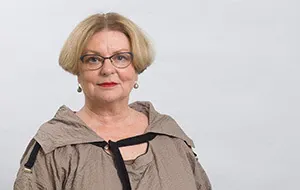
Cath Cardiff. Photo: Supplied.
“We can’t really do anything like we did in 2020, where we put everything on hold - around 100 programmes open at the time - and redirected all our resources to programmes to keep the sector alive. This time, besides from not having the pūtea, we’ve in actual fact pretty much future-proofed our programme to be COVID resilient - everyone is requested to provide a COVID contingency plan in their application.
“What this will allow us to do is to drive that money through our existing projects between now and the end of the year when the need will be the greatest.
“We’ve been experiencing a real intensity of demand over the last two years and we’re not able to fund the demand anywhere near its true value. When we decline applications now, they very often meet our criteria and a decline is not necessarily a reflection of the quality or value of that proposal. This will allow us to support more applications than we would have otherwise been able to support.”
Creative New Zealand's announced it will distribute the $5 million by:
- increasing the budget for its Arts Grants programme (with decisions on upcoming rounds to be notified on 22 October and 4 December 2021)
- increasing the budget for its Annual Arts Grants programme (with decisions to be notified on 1 October 2021)
- increasing the amount of resilience funding for at-risk organisations in its investment programmes (with the fund to open from mid-October 2021)
- increasing funding for the Creative Communities Scheme (by distributing additional funds to territorial authorities by the end of 2021 to support local arts activities).
NZFC CEO David Strong says “the latest COVID-19 restrictions have had a significant impact on the screen industry. The uncertainty around how long restrictions may be in place, and what each level allows, has made completing projects and forward planning a challenge for many in the sector.
“We are grateful to the government for recognising this and developing a range of funding opportunities to assist our industry alongside the wider arts and culture sector.”
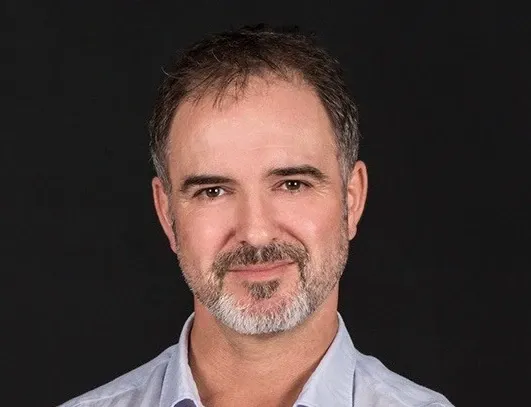
David Strong. Photo: Supplied.
He adds that the $1 million will be used for “a Screen Production Emergency Relief Fund to support productions in extraordinary circumstances to avoid abandonment where the Screen Production Recovery Fund or indemnity has not been sufficient to manage the costs of COVID-19 Alert Level restrictions in place from 17 August 2021.
“This fund will be open to NZFC-funded and NZSPG-New Zealand productions that have been shut down, delayed or otherwise impacted by the August lockdown, and is a fund of last resort to prevent abandonment once all other funding sources have been exhausted.”
Sector response

Meg Williams. Photo: Supplied.
Reacting to the announcement, Meg Williams Chair of Toi o Taraika Arts Wellington tells The Big Idea “many artists, practitioners and organisations have been advocating for rapid, targeted investment of the COVID-19 funds to respond specifically to the Delta environment, the ongoing restrictions and impacts.
“While there is more detail to come, it’s really encouraging to see the Minister, Manatū Taonga and its agencies responding and taking action.”
Courtney Sina Meredith, Director of Tautai Contemporary Pacific Arts Trust tells The Big Idea “Immediate support to the arts is critical at this time and I echo Minister Sepuloni's thoughts on the importance of the cultural sector to wellbeing.
“It is difficult to articulate the different layers of impact right now and how far-reaching they may be into the future. What I can say - informed by my lived experience in this role and as a creative in my own right - is that the importance of financial security cannot be stressed enough.
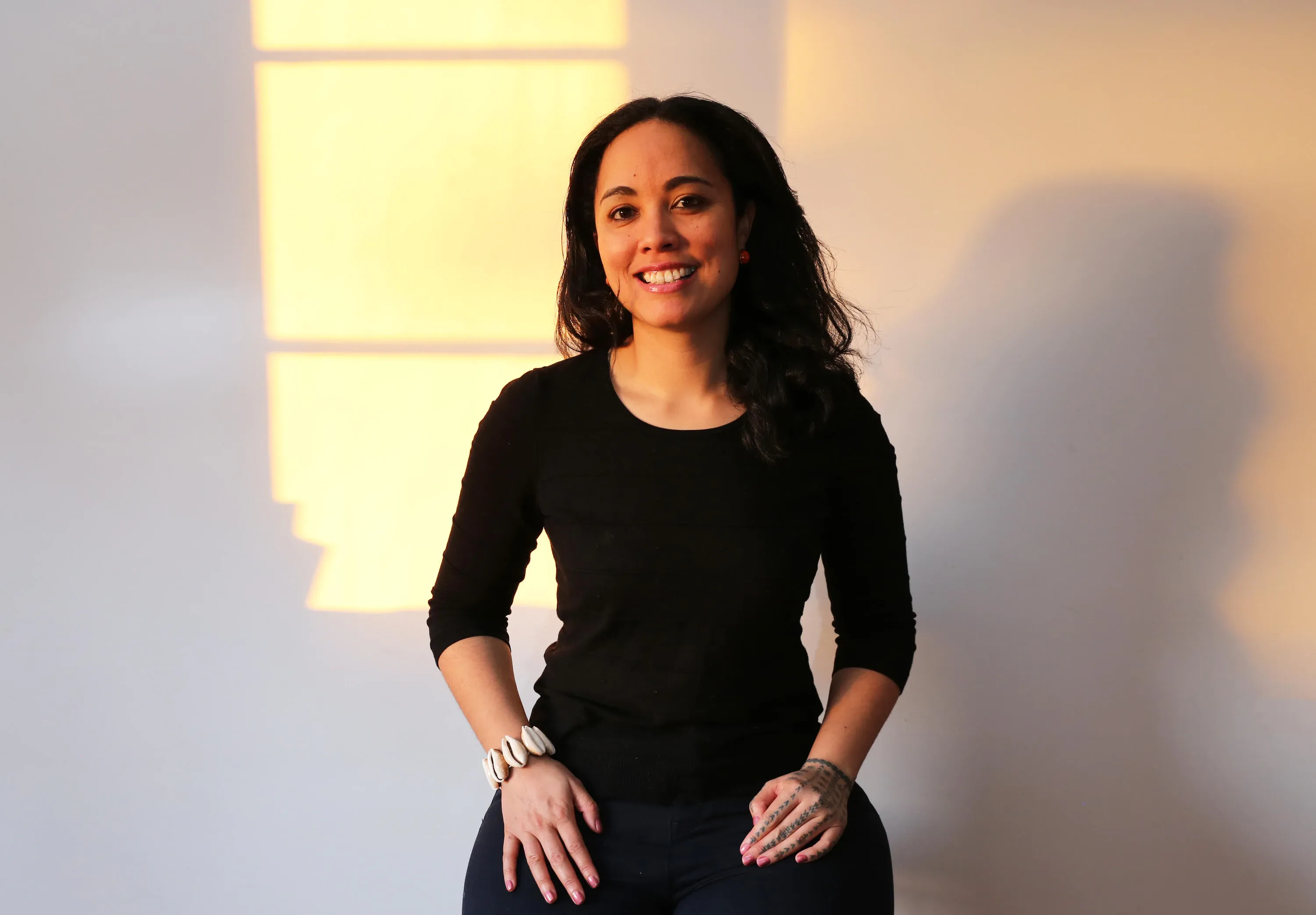
Courtney Sina Meredith. Photo: Supplied.
“Creative expression, to my mind, isn't grounded in a pure limitless spring of inspiration - it is a hard-won skill set acquired over time that requires premium mental resilience and connection to a wider creative community.
“This announcement acknowledges the multiplicity of creative communities within Aotearoa and affirms the importance of the arts.
“My team and I are grateful to have heard from many of our artists during Lockdown, their experiences and creative shifts have deeply informed my thinking and planning for Tautai in the months ahead and how prepared we are not to simply pivot at random but to steady the vaka meaningfully.”
Jonathan Bielski, CEO of Auckland Theatre Company was also pleased when contacted by The Big Idea.
“You couldn’t regard it as timely - but the Government has certainly listened and they’re putting in place a series of funding programmes that - by the look of it - are going to be able to help right across the industry.

Jonathan Bielski. Photo: NZ Herald.
“The Minister is recognising that there’s a need for recovery and sustainability funding right now and that’s exactly what’s needed. People have lost sources of income and while the wage subsidy and the resurgence payments are out there, there are plenty who don’t qualify and for those that do, it’s not very much in the end.
“I think this additional help, recognising the particular circumstances of the performance and entertainment sector is really welcome - provided it flows to all of the places it needs to.
“There’s probably about as close as you can get to a consensus, whether it’s a small, independent organisation or a big one - we acknowledge we can’t go ahead with our productions or events but what we want is to be able to keep paying everyone their wages and fees.
“It’s not like this is a group of people that has plenty of money in the bank, this is already a very vulnerable sector of workers who are already low paid and are working from contract to contract. That’s effectively the only piece of security we can offer people in circumstances like these.
“These kinds of recovery grants and programmes that are coming through from these various agencies and the ministry are critical so they can get through to the end of Lockdown and be able to pick up the pieces of whatever projects are available at that point.”
